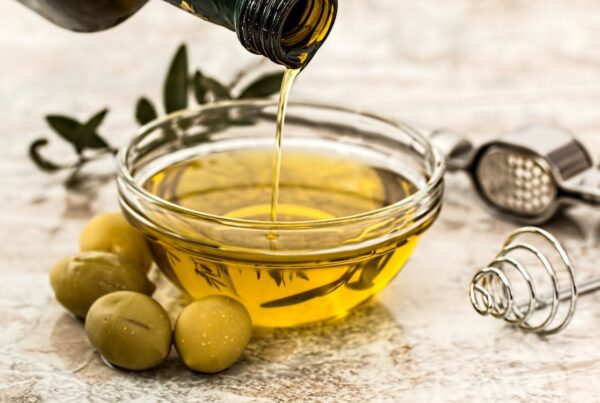For anyone unfamiliar with Kosher certification, modern Kosher certification started a century ago in the United States and has now grown to include a wide range of products, from food to cosmetics. The Kosher certification process involves reviewing every ingredient and production process to ensure that it complies with Jewish dietary laws. A product that is certified kosher will have a symbol on its label that indicates the product’s certification agency and standard.
Now let’s talk about good manufacturing practices. Clean manufacturing refers to the process of making and packaging products in a sanitary environment, free from allergens, bacteria, and other contaminants. In other words, it involves taking measures to prevent the risk of contamination during the production process and until the product reaches the end consumer. Good manufacturing practices are not just important for food products, but also for cosmetics, pharmaceuticals and other products that go on, or in the body.
A food manufacturing facility that already has good manufacturing practices in place that encompasses the entire scope of production, paperwork and oversight will find that Kosher certification is relatively simple and straightforward.
Kosher certification and clean manufacturing are essential for ensuring that the products we consume are safe, healthy and appropriate for dietary needs. As consumers, you have the right to know what’s in your food and how it’s produced. Kosher certification and clean manufacturing provide transparency and peace of mind. You’ll know that your food is being made and packaged in a sanitary environment free from contaminants and under oversight from a third party. The next time you’re at the grocery store, look for the Kosher certification symbol, and rest assured that you’re making an informed choice.






